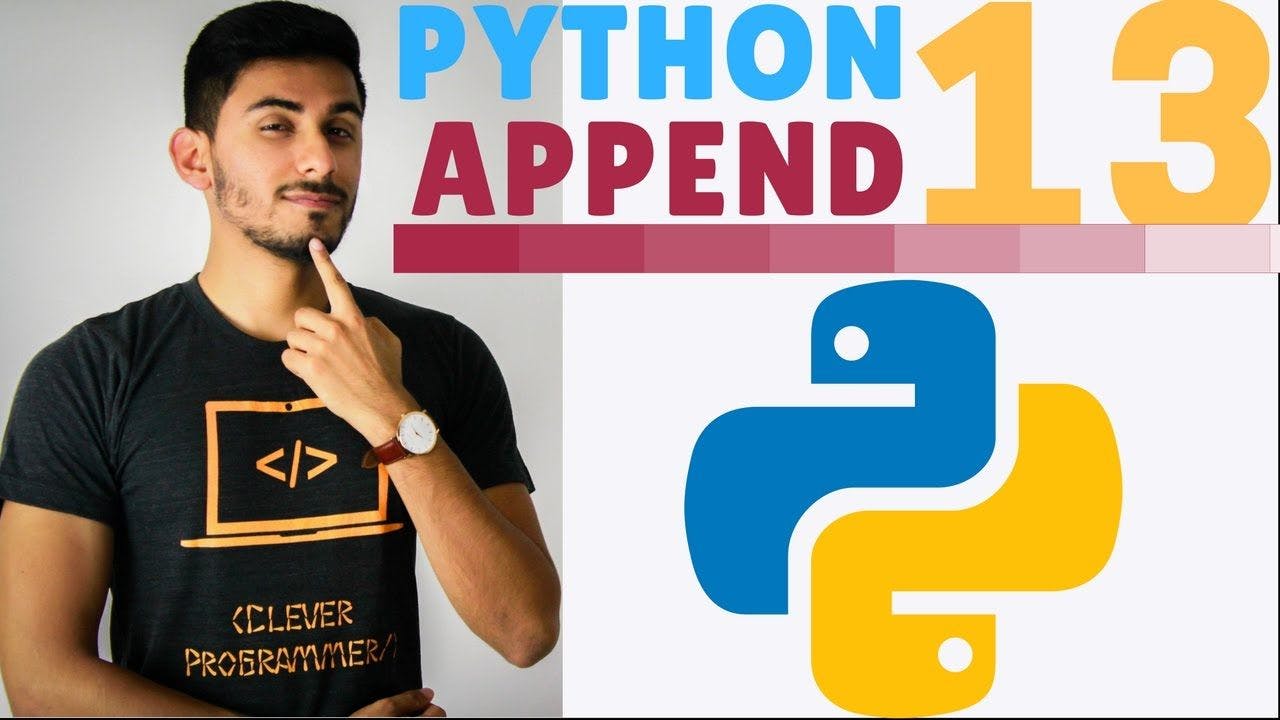110 reads
Python for Beginners, Part 13: Append List-Method
by
April 6th, 2022
Audio Presented by

Clever Programmer is a community with over 100,000+ students who are learning to code by building real world projects.
About Author
Clever Programmer is a community with over 100,000+ students who are learning to code by building real world projects.
